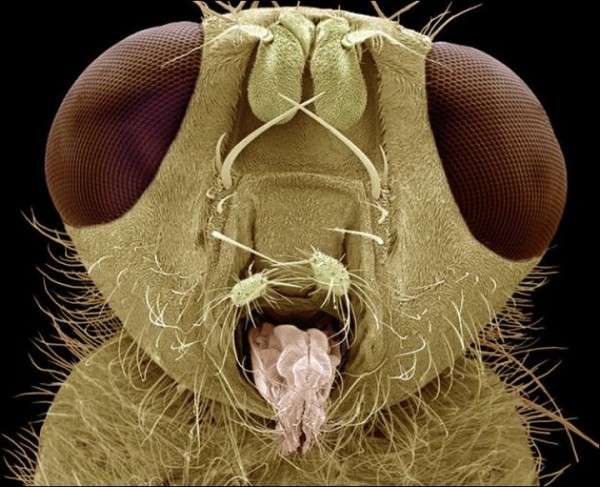Paper Abstract
The environment in which in which we are living today is changing rapidly.
Microorganisms which cause communicable diseases also rapidly adapts to this change
of the environment. The rapid adaption of microorganisms have facilitated for the
re-emergence of communicable diseases in various forms, such as pandemic H1N1. In Sri
Lanka, by 2nd May 2010, 12,722 dengue patients were identified and 75 of them have
died. Sri Lanka as well as other countries perceives communicable disease
surveillance as an activity of paramount importance in order to control and prevent
communicable diseases.
Nivārana is a communicable disease surveillance and analysis system developed for the
Epidemiology Unit (EU) of the Ministry of Health and Nutrition in Sri Lanka by the
University of Colombo School of Computing (UCSC). The EU is the principal
governmental organization responsible for disease surveillance in Sri Lanka. Early
recognition of impending outbreaks followed by rapid response is the mainstay of
controlling a communicable disease in a community. Acquiring the ability for,
collection of complete data covering island wide in a timely manner, analysis of such
data and timely dissemination of analyzed data as well as guidelines on appropriate
interventions will no doubt strengthen the EU

Be a part of Elets Collaborative Initiatives. Join Us for Upcoming Events and explore business opportunities. Like us on Facebook , connect with us on LinkedIn and follow us on Twitter , Instagram.












